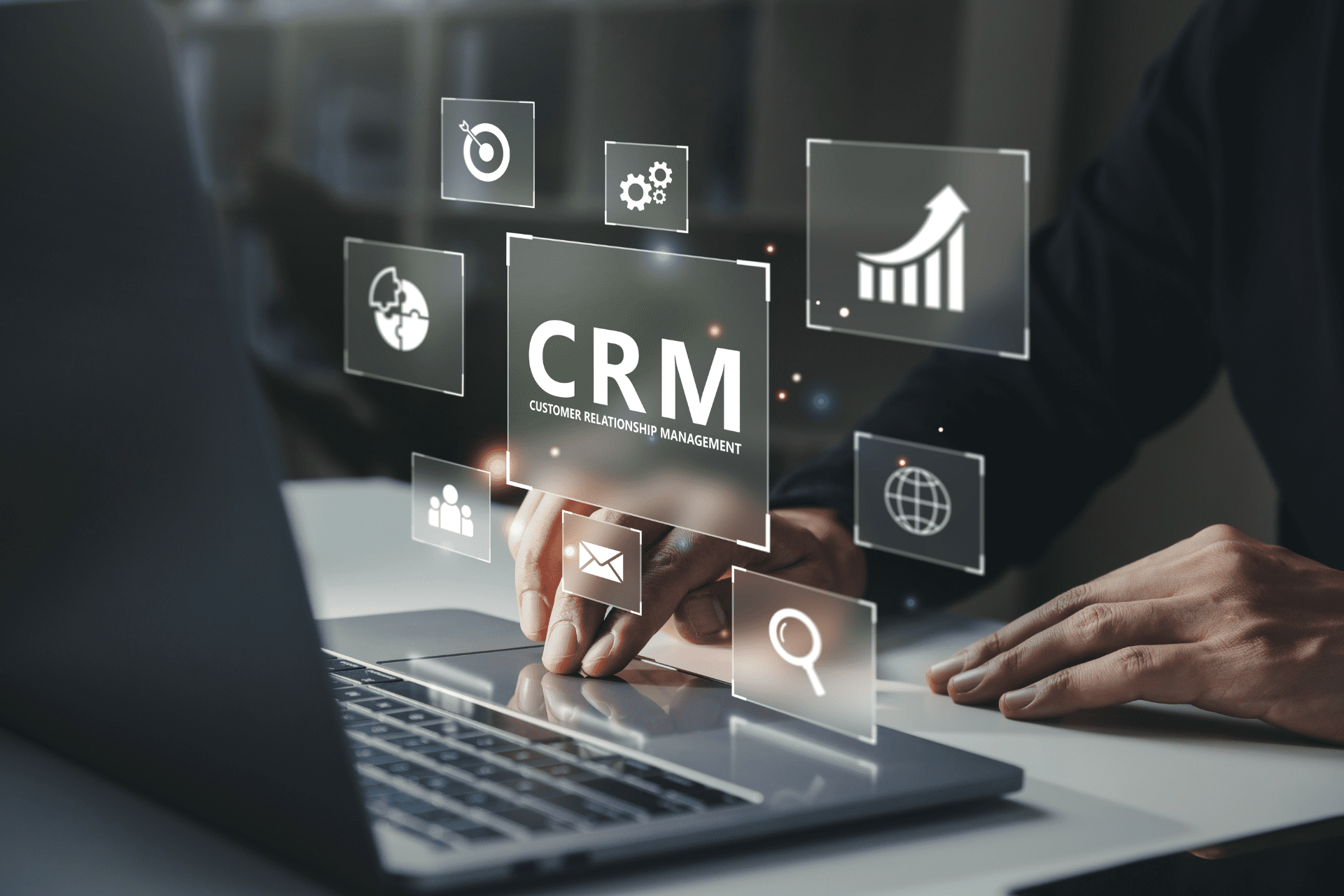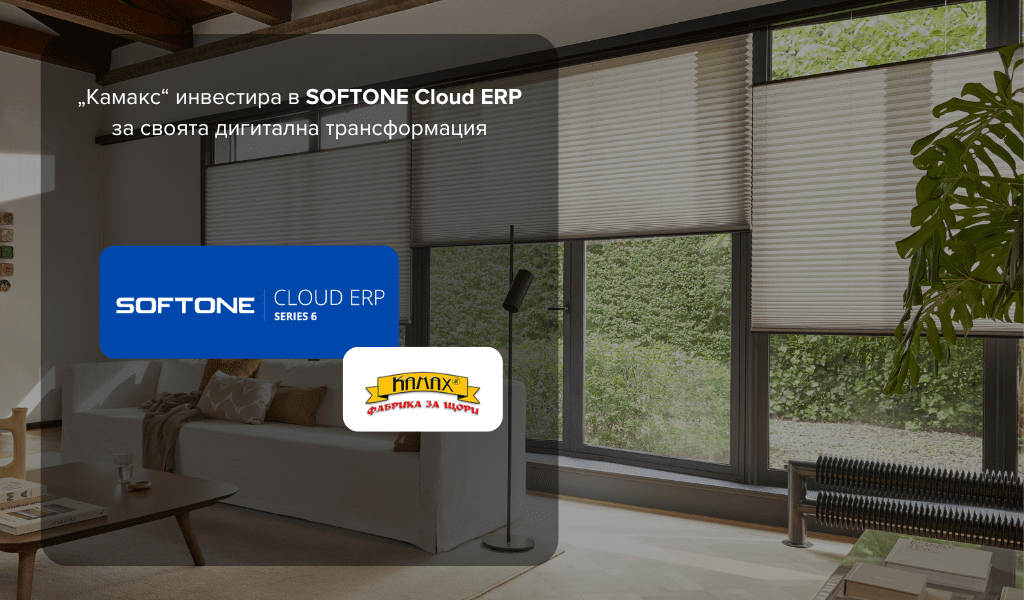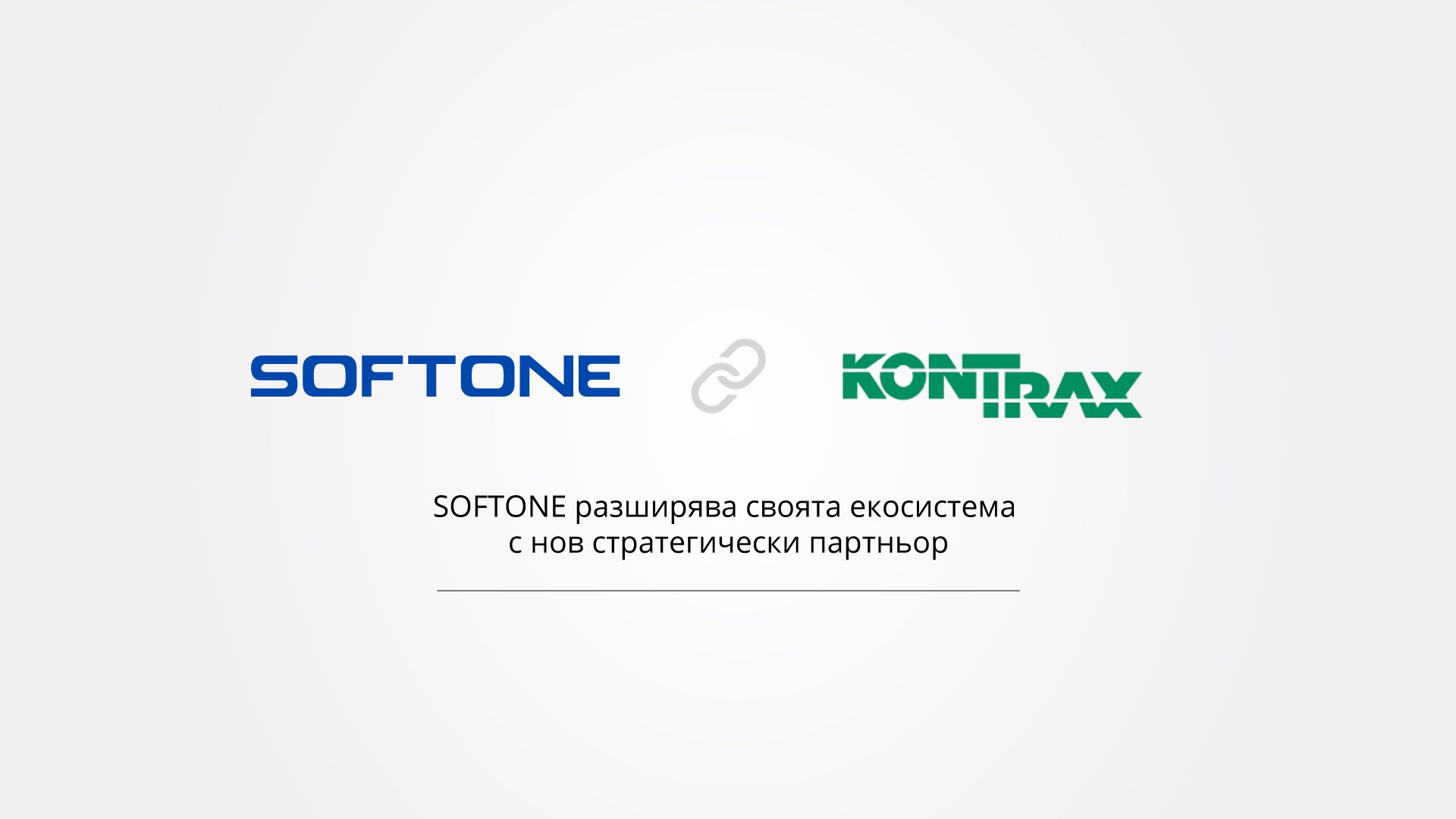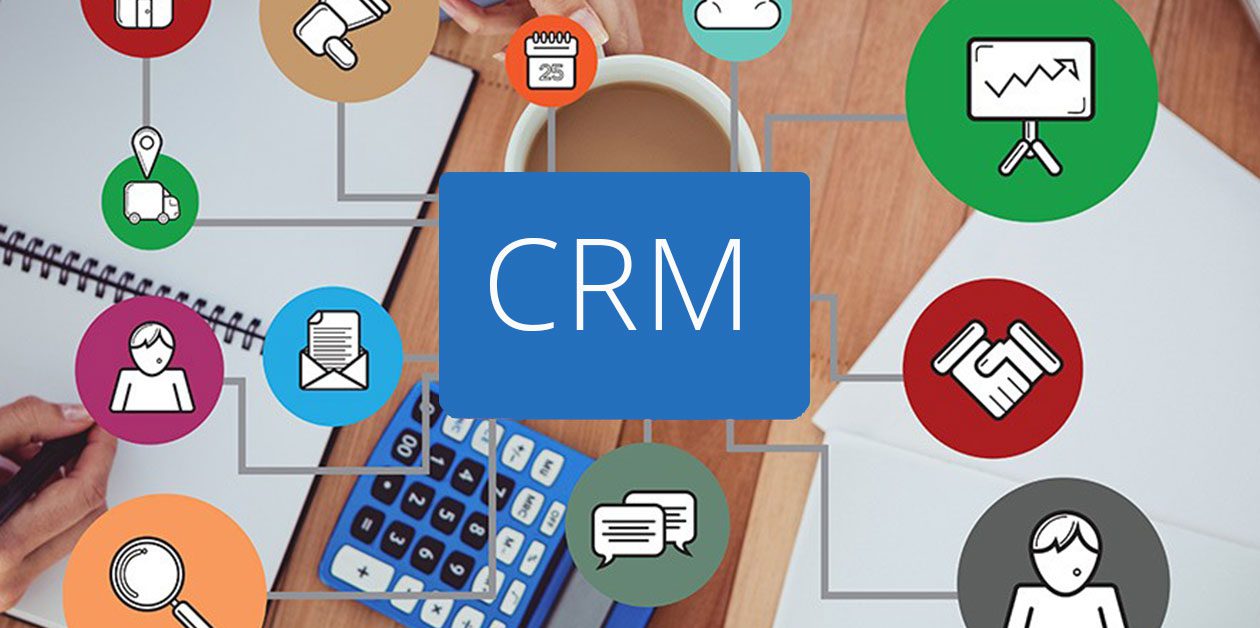Share
Read also

Business Software
Пазарът на CRM през 2025: В отговор на нарастващите изисквания на клиентите

News & Events
„Камакс“ инвестира в SΟFTONE Cloud ERP за своята дигитална трансформация

Trends & Views
Как дигиталната трансформация подпомага развитието на бизнеса

News & Events
SOFTONE разширява своята екосистема с нов стратегически партньор
Fluctuations and disruptions are characteristic of the international market, and this is even more evident in the case of ERP as a state-of-the-art technology.
The power of Big Data
Future developments are shaped by Big Data, especially in the context of a developing, globalized market, where analytics and relative information products are in great demand. Taking into consideration the increased interest in mobility and the benefits that this technology has to offer, it is understood that ERP platforms offer optimized access, storage and management for all this data.
The social “phase” of ERP
It is true that (in the past) the success of ERP solutions depended exclusively on -and was ultimately judged by- factors within each business such as inventory management, or the integration of sales with accounting processes. Now, given that the market has shifted to a more social direction in support of a more effective revenue increase, ERP systems are required to use and manage an even bigger volume of incoming data. This development is expected to gradually evolve into an important trend.
Even more mobile
Apart from Big Data and the social factors that have proven to be crucial in the development of ERP, there is also the increasing power of mobility -especially with mobile apps and devices that have drastically contributed in this new momentum, leading to an even more effective business development. This disruptive trend is expected to continue equally powerful, so ERP solutions will have to adapt mobile technology challenges on a practical level and not just consider them in terms of theory.
Consuming as a service
Historically, consumption has always been combined with and evolved through physical stores. Nevertheless, the web and virtual systems have managed to completely transform consumers’ habits and the way they perceive the market as a whole.
Until recently, interacting with customers was more passive, as businesses encouraged potential buyers to purchase products that had already been produced in a particular way. Today’s global and virtual market has rendered this one-sided model obsolete. Modern businesses tend to react to consumers’ requirements and then produce products that are accepted by the market in the form of a service blend. Of course, this new model has created a few issues over the years, along with a clearly disruptive challenge, that ERP solutions will have to take into serious consideration as they evolve.







